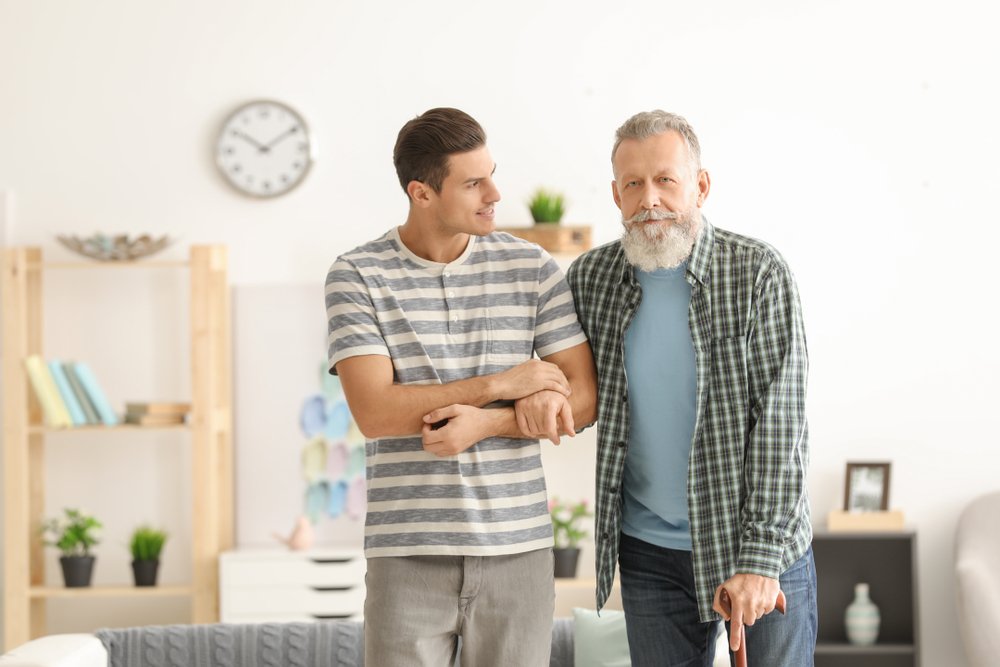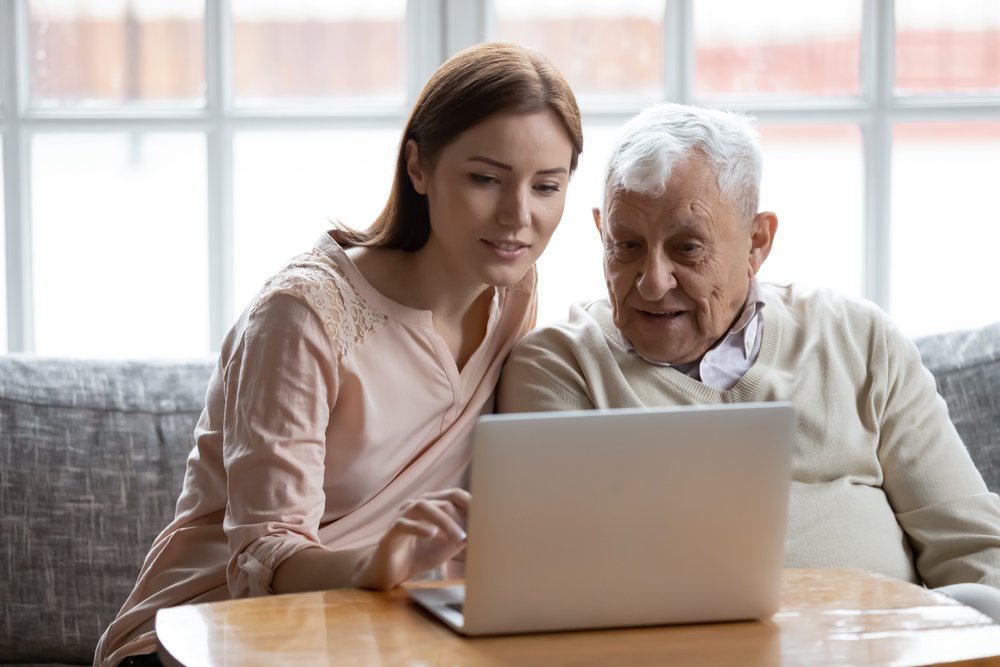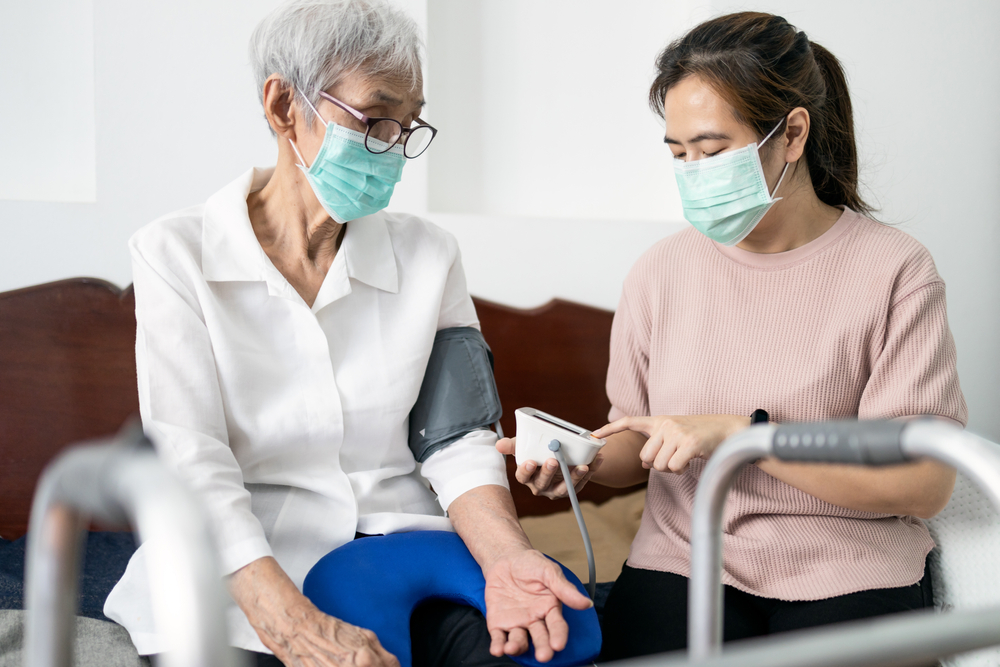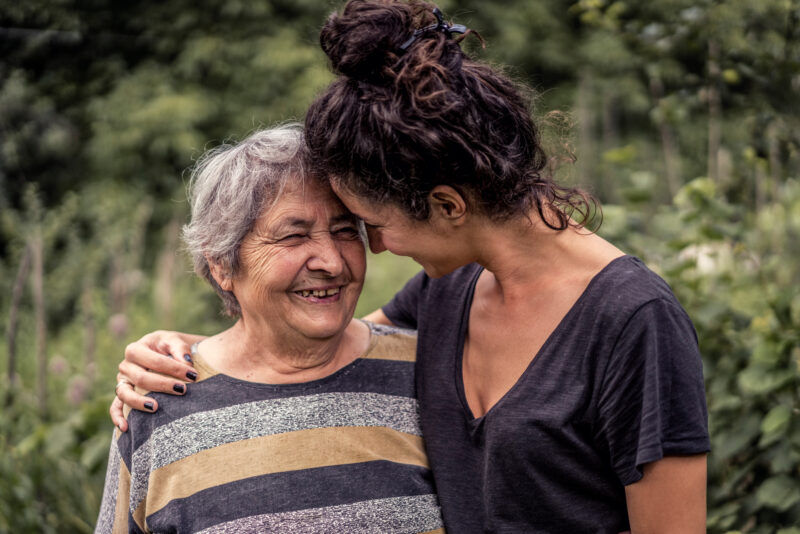Family caregivers provide many services that range from everyday tasks to skilled medical assistance. Sometimes it’s difficult for a caregiver to determine when they need to seek outside help.
This piece will briefly examine typical caregiver tasks and provide some caregiving experts’ opinions on what family caregivers do and don’t do.

Simple Family Caregiving Tasks
Most simple caregiving tasks include but are not limited to the following:
- Transporting a person to medical and non-medical appointments.
- Running errands, such as picking up a person’s medications and groceries.
- Assisting with daily necessities, such as helping a person dress, get out of bed, etc.
- Providing housework and preparing meals.
- Helping with finances, and communicating other important information to agencies, etc.

Intermediate Family Caregiving Tasks
Intermediate caregiving tasks are similar to basic tasks but typically require more record keeping.
“Caregivers have first-hand knowledge of how a person is managing in their home,” Jeanne Leising, regional vice president of health services at Landmark Health, stated. This “knowledge” includes knowing a senior’s eating patterns and diet, as well as knowing how a treatment or new medication is working.
“They hold critical information for the healthcare team and are a valued resource,” she adds. “The caregiver is often the first individual to identify a change in a person’s medical or behavioral health status and they often make the decision on if and when medical care is necessary.”

Non-Family Caregiving Tasks
Some professional or “certified” caregivers work on behalf of a caregiving agency. For example, organizations like CareAcademy work to help keep professional caregivers trained and in compliance according to the state they work in.
Some organizations allow you to hire nurses. For example, ComfortKeepers calls one of their specialized tiers of care “Private Duty Nursing.” These specialized caregivers are trained to give medical care. Some of this care includes:
- Non-injectable or injectable medication administration
- Insulin syringe filling
- Ostomy and catheter hygiene
- And more
What To Remember
Family caregivers are typically not highly skilled medical professionals. However, through time, the type of caregiving you provide a person may evolve. As a senior citizen needs more assistance, a family caregiver may find it helpful to take online or in-person caregiving courses.
Leising stated that typically, family caregivers “need access to resources to help enhance their knowledge on topics such as: skin care, toileting, wound care and dressing changes, special diets (e.g. low sodium), dementia, Alzheimer’s, non-verbal cues, medication management, and caregiver self-care.”
Although online caregiving training courses are helpful for family and friend caregivers, there’s only so much these online courses can teach.
“Family caregivers are not ‘qualified’ in the same way that professional caregivers are evaluated, certified, and licensed,” Dr. Aaron Blight, Ed.D., founder of Caregiving Kinetics and author, added. “Family caregivers are often ill-prepared to assume the caregiver role for a loved one. Skilled medical training helps but does not fully prepare a family member to assume the family caregiver role.”
It’s also essential for caregivers to understand that they need to remember to care for themselves, too. We recommend reading this Forbes interview with Kate Washington, author of “Already Toast: Caregiving and Burnout in America,” to learn about her experience providing care for her loved one.

